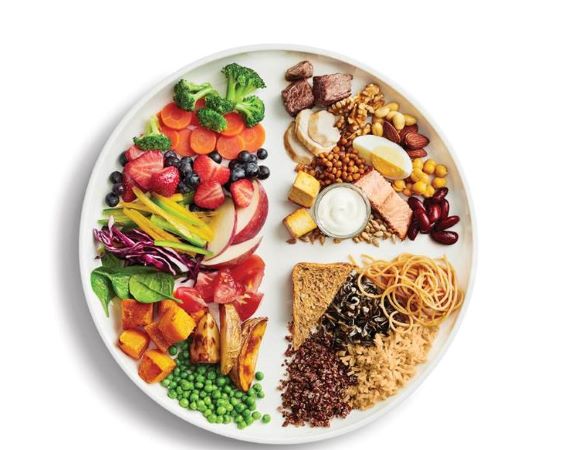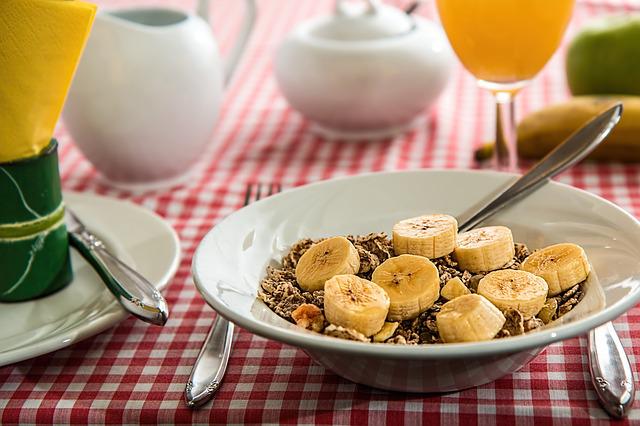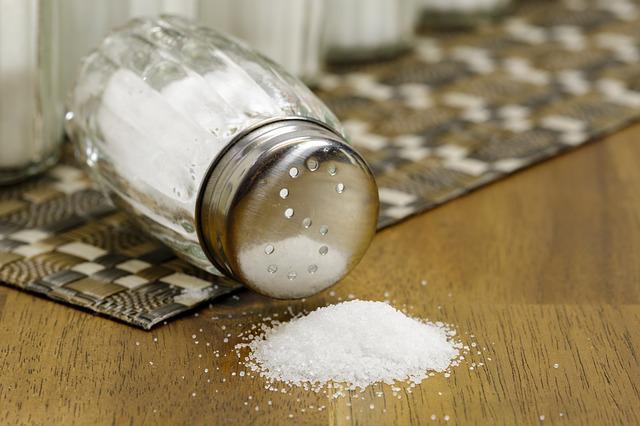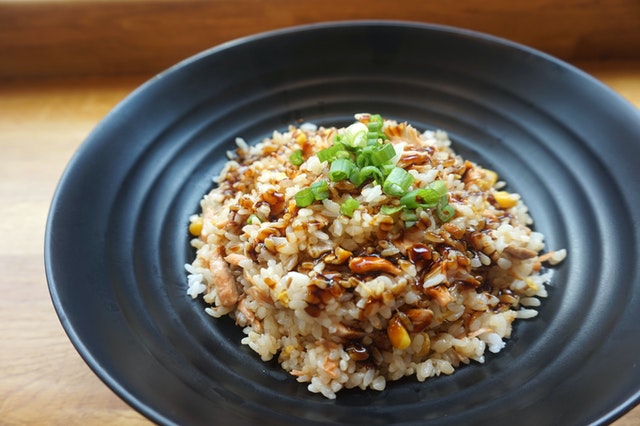LIVING WELL WITH ILD
Eat healthy
It's important that you eat a healthy, balanced diet — including vegetables, fruits, protein and whole grains. Protein helps build muscle and can help make your immune system stronger. Fruits, vegetables and whole grains contain fibre and many of the vitamins and minerals that your body needs to stay healthy.
A healthy, balanced diet can help your immune system fight infection. A healthy weight can also make breathing easier and give you more energy.

Use the Plate Method
- The Plate Method is an easy way for you to know if you're eating a balanced diet.
- Half your plate is fruits and vegetables, one quarter of your plate is whole grains and one quarter is protein.
- For more on the Plate Method, see Canada's Food Guide.
Make breakfast your largest meal of the day
- Eating a large meal can cause your stomach to put pressure on your lungs and diaphragm and make it harder to breathe. It can also make you feel more tired.
- Eat your largest meal in the morning and smaller meals and snacks throughout the rest of the day. This can give you enough energy for the rest of the day


Make water your drink of choice
- Drinks that are carbonated or high in sugar can make you feel full and may affect your food choices for the day.
- Caffeine, which is in coffee, tea and colas, can interfere with some medications, make it difficult to relax or fall asleep or make you feel nervous or restless.
- Alcohol can make it harder for you to fall asleep or lose weight.
Cut back on salt
- Salt can cause your body to retain water, making it more difficult to breathe.
- Limiting salt is especially important if you have high blood pressure or heart disease or are taking corticosteroid medication.
- Look for the word “sodium” (salt) on food labels. Processed foods like canned soups, canned fish or meats can have a lot of sodium.
- Try to limit your salt to less than 2400 mg (or about one teaspoon) per day.
- An easy way to limit your salt intake is to remove the salt shaker from your table. This can help reduce the temptation to add salt to your food.


Eat foods with fibre
- Eating foods that are high in fibre can help you feel full so you don’t eat too much.
- High-fibre foods include nuts, brown rice and whole grains.
- Avoid foods that can cause gas or bloating. Gas or bloating can make it harder for you to breathe.
- Foods like beans, broccoli, cabbage, cucumbers, peppers, turnips and carbonated drinks are just some of the foods that may cause problems for you.
You may also be interested in:
- Living Well with Interstitial Lung Disease (printable fact sheet)
- Living Well with Interstitial Lung Disease (printable checklist)
- Interstitial Lung Disease: A Patient's Perspective (video)
- Interstitial Lung Disease: A Doctor's Perspective (video)
- Interstitial Lung Disease: A Caregiver's Perspective (video)
- Breathe BETTER, Stay STRONG Virtual Pulmonary Rehabilitation program
